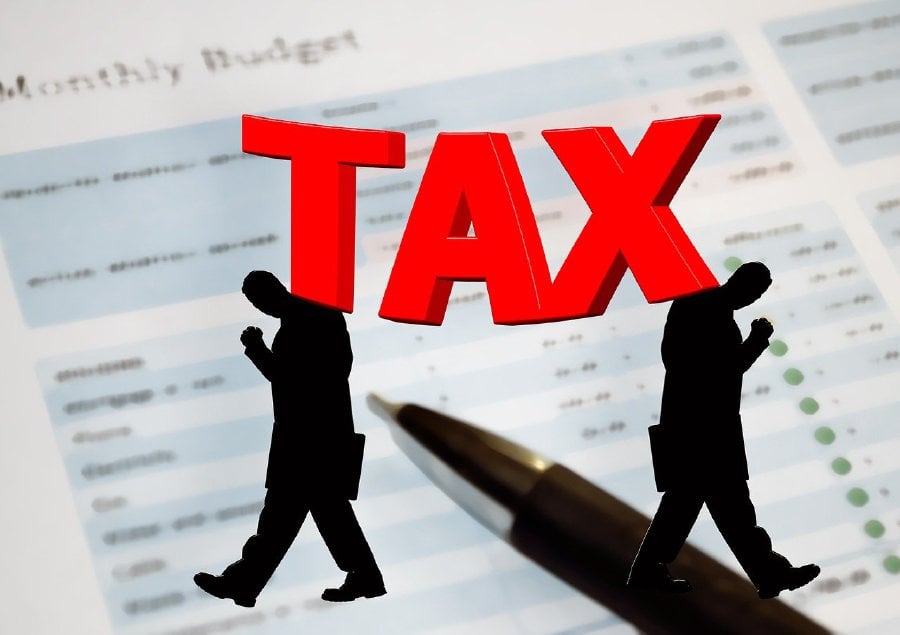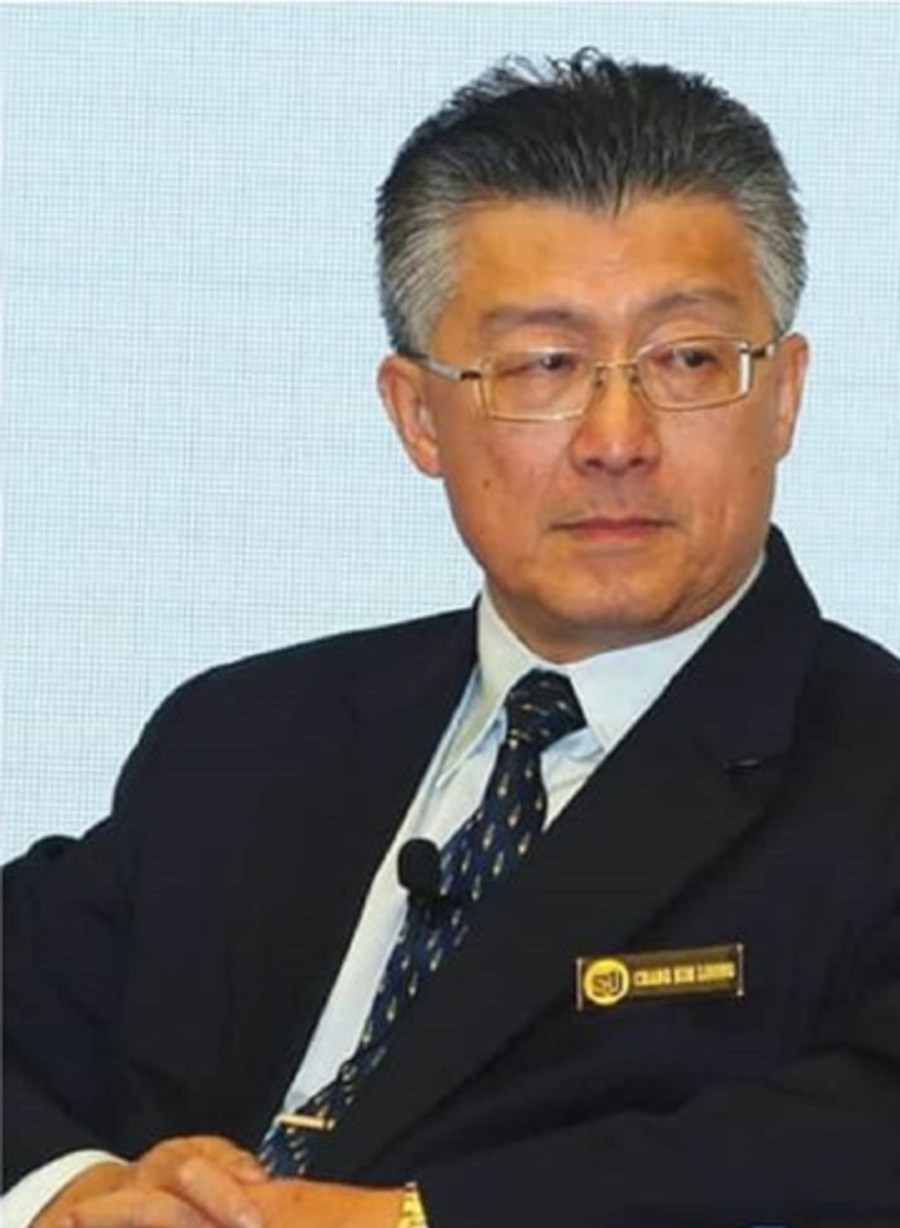By NST Property/ Sharen Kaur - August 12, 2023

sharen@nst.com.my
KUALA LUMPUR: Vacancy tax, or a levy on unsold and vacant properties, will harm home owners and property developers rather than alleviate the housing surplus issue, said Datuk Chang Kim Loong, secretary-general of the National House Buyers Association (HBA).
He said the HBA believed that imposing a vacancy tax on vacant and unsold properties, aimed at developers, was not a good move.
He said the vacant properties in Malaysia varied greatly from those in Canada, Australia, Singapore, or Hong Kong.
Chang was responding to the Khazanah Research Institute's (KRI) suggestion to levy a vacancy tax on vacant and unsold residential and commercial properties after a certain period of time.
According to KRI, the tax payable is computed as a percentage of the gross selling price.
Its research director, Suraya Ismail, reportedly said such a tax would discourage speculative activity by persons who hold units with the primary goal of "making quick profits."
According to the National Property Information Centre (NAPIC), the value of overhang properties in the residential sector as of 2022 is over RM18.41 billion, with 27,746 overhang units.

Chang said imposing a vacancy tax on developers for unsold completed properties would not help alleviate the challenges associated with them.
The overhang issue, said Chang, was a problem caused mostly by unmet housing demand in association with fluctuating economic performance, housing preferences, market sentiment, housing affordability, loan accessibility, demographics, and lifestyle changes.
"It can only be addressed by a collaborative measure that involves all industry stakeholders. If the government aims to resolve the overhang problem holistically, a detailed study of the overhang situation is necessary," he said.
Chang said HBA is generally unsympathetic towards developers regarding the problem with overhang properties, as "they are continuously building what the rakyat cannot afford to buy".
He said independent market and feasibility studies should be done before any project is launched to minimise the risk of unsold units.
"However, imposing a vacancy tax on them on unoccupied and unsold completed properties would not in any way help to resolve the problem. It will only result in new houses being more expensive as developers will pass on the cost of any additional taxes onto future buyers.
"Do not forget that property developers are profit-oriented, and whatever taxes are imposed on them are factored into the sales price. Hence, the rapid escalating house prices," Chang said.
"And if the purpose of the vacancy tax is to penalise developers for having unsold completed units, why would the government offer substantial tax breaks for such unsold completed apartments as part of the Home Ownership Campaign?".
Chang said that in the context of home owners being levied the proposed vacancy tax, he called such a move "something that is "misguided".
"Already, house owners are mandatorily required to pay quit rent to the land offices, assessment rates to the local councils, income taxes on their earnings to the Inland Revenue Board, and other financial costs.
"The people will only ridicule the government for coming up with more burdensome taxes," he added.
No comments:
Post a Comment